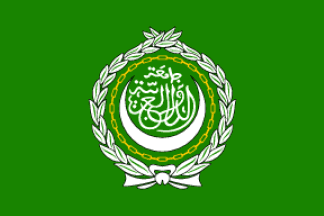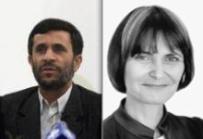
TEL AVIV, Israel — The annual Arab League summits have long inspired cynics to quip that the meetings should not be expected to produce much more than yet another declaration announcing that “the Arabs have agreed not to agree.” Among commentators, this year’s summit in Damascus has produced considerable agreement: the editor-in-chief of the London-based pan-Arabic daily Asharq Al-Awsat dismissed the meeting as early as February with the harsh verdict that all “the Arab summits, without exception, are unsuccessful, but it seems that the Damascus summit will be the biggest failure of them all.” In the days preceding the summit, […]

